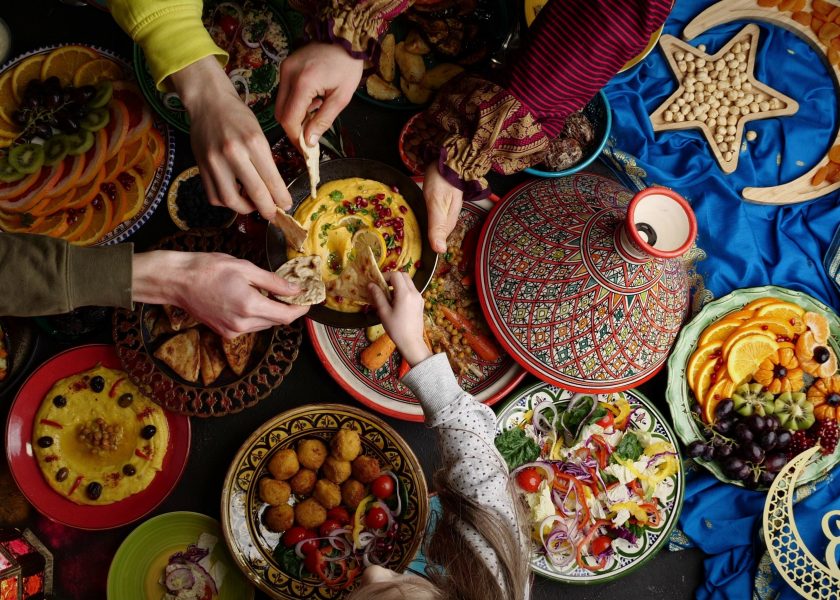National Careers Week 2024: The Engineer Exchange
6th March 2024
Tune into the latest episode of The Engineer Exchange for a National Careers Week special.

During the month of Ramadan, Muslims won’t eat or drink during the hours of daylight – this is called fasting. Children are not expected to fast until they reach their teenage years.
Ramadan remembers the month the Qur’an (the Muslim holy book) was first revealed to the Prophet Muhammad. The actual night that the Qur’an was revealed is a night known as Lailut ul-Qadr (‘The Night of Power’).
Ramadan is the ninth month of the Islamic calendar. The exact dates of Ramadan change every year. This is because Islam uses a calendar based on the cycles of the Moon. This year in the UK, Ramadan will begin in the evening of 10th March and will end on 9th April.
Ramadan starts when the new moon first appears in the night sky and the full moon marks the middle of Ramadan. As the moon wanes to the other side, Ramadan finishes.
Most Muslims fast between dawn and sunset. Fasting allows Muslims to devote themselves to their faith. It is thought to teach self-discipline and reminds them of the suffering of the poor. However, children, pregnant women, elderly people, and those who are ill or travelling don’t have to fast.
During Ramadan, it is common to have one meal (known as the suhoor), just before dawn and another (known as the iftar), directly after sunset.
Almost all Muslims try to give up bad habits during Ramadan – it is a time for prayer and good deeds. They will try to spend time with family and friends, help people in need, and support charities and good causes.
Many Muslims will attempt to read the whole of the Qur’an at least once during Ramadan. They will also attend special daily prayer services in Mosques during which the Qur’an is read.
The end of Ramadan is marked by a big celebration called ‘Eid ul-Fitr’ (the Festival of the Breaking of the Fast).
Muslims are not only celebrating the end of fasting but thanking Allah for the strength he gave them throughout the previous month. Mosques hold special services and a special meal is eaten during the daytime (the first daytime meal for a month).
During Eid ul-Fitr, Muslims dress in their finest clothes, give gifts to children, and spend time with their friends and family.
6th March 2024
Tune into the latest episode of The Engineer Exchange for a National Careers Week special.
12th March 2021
Tom Herbert is one of the newest members of staff in the Yorkshire & Humberside region, joining us in the…
18th March 2021
Sunderland City Council is undertaking the design and construction of a new household waste and recycling centre to replace the…